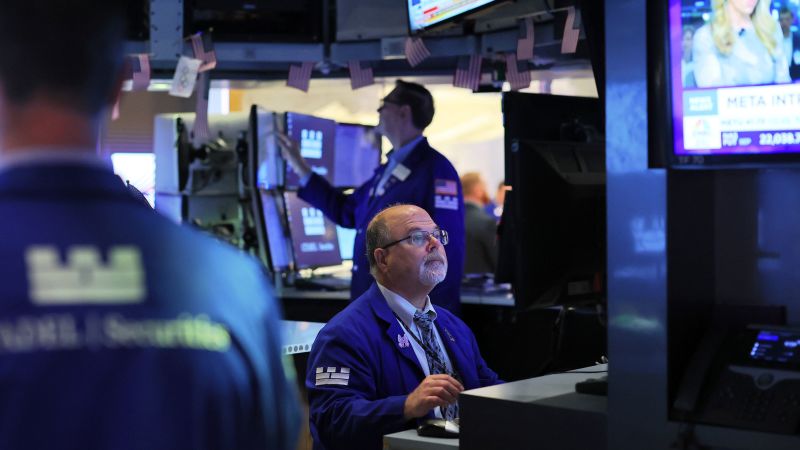Global markets have remained relatively calm amid the escalating tensions betweenIsrael and Iran. But that sentiment could quickly shift, according to experts, if the conflict affects the Strait of Hormuz.
That’s because the Strait of Hormuz, a narrow stretch of water located between the coasts of Iran and Oman, is one of the mostcritical chokepoints in the worldfor the flow of oil.
If oil exports are disrupted, or if Iran tries to block the strait, the global oil market could face an existential risk.
The strait links the Persian Gulf to the open ocean and is a key channel for oil and liquefied natural gas exports from the Middle East to the global market. About 20 million barrels of oil flow through the strait each day, according to the US Energy Information Administration.
Rob Thummel, senior portfolio manager at energy investment firm Tortoise Capital, said a potential disruption at the Strait of Hormuz would cause oil prices to surge toward $100 per barrel.
A functioning Strait of Hormuz is “absolutely essential” to the health of the global economy, he said.
There’s always the lingering threat the strait will be blocked by Iran during the conflict, Thummel said, though he added Iran would face immense global backlash in such a case.
About one quarter of the world’s oil supply transits through the waterway, according to the International Energy Agency.
“Closure of the Strait, even for a limited period, would have a major impact on global oil and (natural) gas markets,” the IEA said in areportTuesday.
Traders have previously fretted about the straitduring other Middle East conflicts. The price of oil fell on Monday after surging higher on Friday as traders bet oil would still flow during the current Israel-Iran conflict.
West Texas Intermediate crude, the US oil benchmark, fell 1.66% and settled at $71.77 on Monday, while Brent crude, the global benchmark, fell 1.35% and settled at $73.23.
Bob McNally, president at Rapidan Energy and former adviser to President George W. Bush, told CNN he thinks the risk of disruption to the production and flow of oil is a bit higher than what is being reflected in the market.
“I’m not as confident as the oil market seems to be that this is going to be over quickly or it’s not going to expand to include oil and energy,” McNally said. “My read is, this is still a serious situation.”
The Joint Maritime Information Center, an organization focused on global shipping, said in a Monday notice that they are closely monitoring the situation.
“The number of transits through the Strait of Hormuz has shown a minor decrease in cargo carrying vessels,” the JMIC, a part of theCombined Maritime Forces, said in a Monday notice.
“The Strait of Hormuz remains open and commercial traffic continues to flow,” the notice reads.
While any attempt by Iran to close the strait would send jolts through market, it’s not the only risk, McNally said.
A more concerning development would be an attack on oil processing facilities, such as Iran’s2019 attackon Aramco’s Alqaiq processing plant.
Analysts at RBC Capital Markets said while it would be difficult for Iran to close the Strait of Hormuz for an extended period of time, there are other avenues for the Israel-Iran conflict to disrupt maritime traffic and oil production.
“With the cascading attacks on gas facilities, oil depots, and refineries, energy is now clearly in the crosshairs of the Israel-Iran conflict, and we see the risk of a serious supply outage increasing significantly in an extended war scenario,” the analysts said in a Sunday note.
Davide Accomazzo, a professor of finance at Pepperdine University’s Graziadio School of Business, told CNN that a potential disruption in the Strait of Hormuz remains a “big risk” for the price of oil.
“We just don’t know exactly how this conflict is going to really proceed,” Accomazzo said.
“I think the market is still betting that this thing will remain contained, and it will not involve the US, it will not involve energy infrastructures, it will not involve the Strait of Hormuz,” he added.
“But it’s a big question mark, absolutely. And it’s one of those exogenous events that we may wake up one morning and boom, that has happened, and all of a sudden you have to deal with it.”
